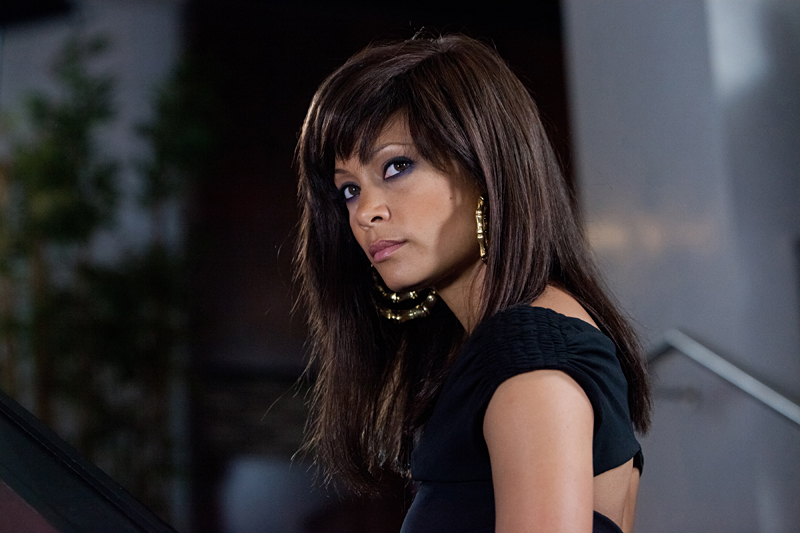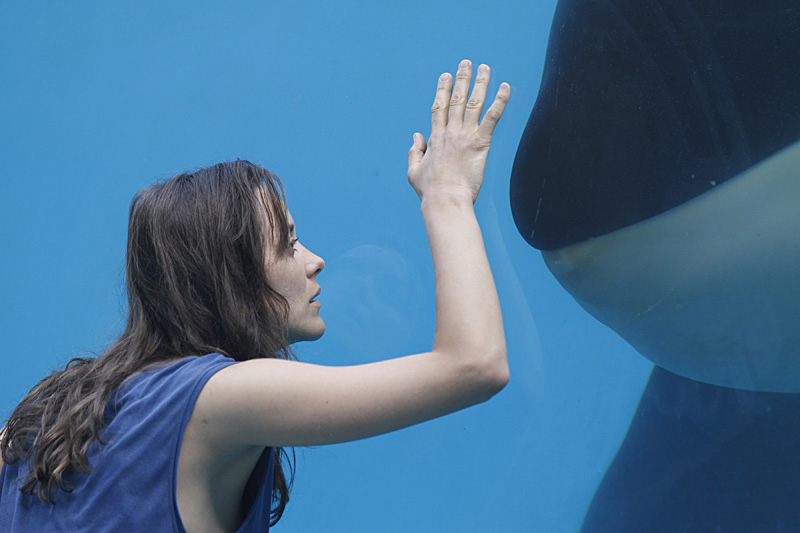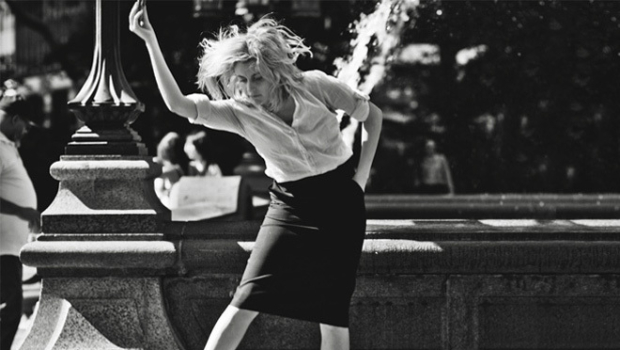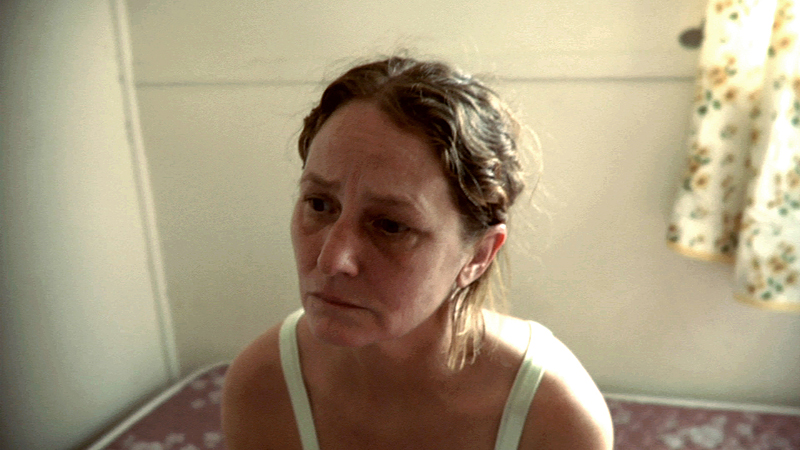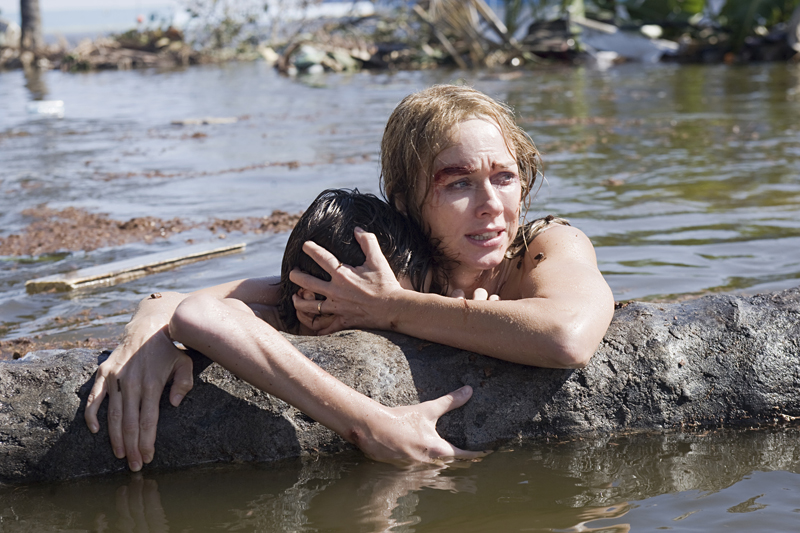It’s a long, long way from the women’s bar outside Berkeley, Calif., where Ntozake Shange first presented her combustible choreopoem For Colored Girls Who Have Considered Suicide/When the Rainbow Is Enuf in December 1974 to Atlanta’s Tyler Perry Studios, where the impresario filmed much of this calamitous adaptation. Though striving for artistic legitimacy in bringing Shange’s incomparable play to the screen, Perry indulges his worst instincts for melodrama, shoehorning her text into his own tawdry narrative. Her play, touted at the time as “a celebration of being black and being woman,” is a collection of 20 prose poems performed by a cast of seven women, who suffer and mourn but are never victims. In Perry’s version, almost all of them end up in the hospital. Expanding the number of central characters to nine—whose abject storylines frequently intersect in a Harlem walk-up—and writing roles for the men only referred to in Shange’s work, he recreates the template found in many of his previous films: the martyred woman abused and/or deceived by her pathological mate. The greatest frustration—not just in For Colored Girls but in his entire oeuvre—is witnessing talented actresses struggle with the material they’ve been given. Anika Noni Rose takes off when reciting Shange’s words only to be brought down into the abyss of Perry’s melodrama after she is date-raped (a scene that further reveals the director’s wrong moves when it comes to showing versus telling). Everything here is too much—or not enuf.
For Colored Girls: Ntozake Shange Gets Mangled Onscreen
